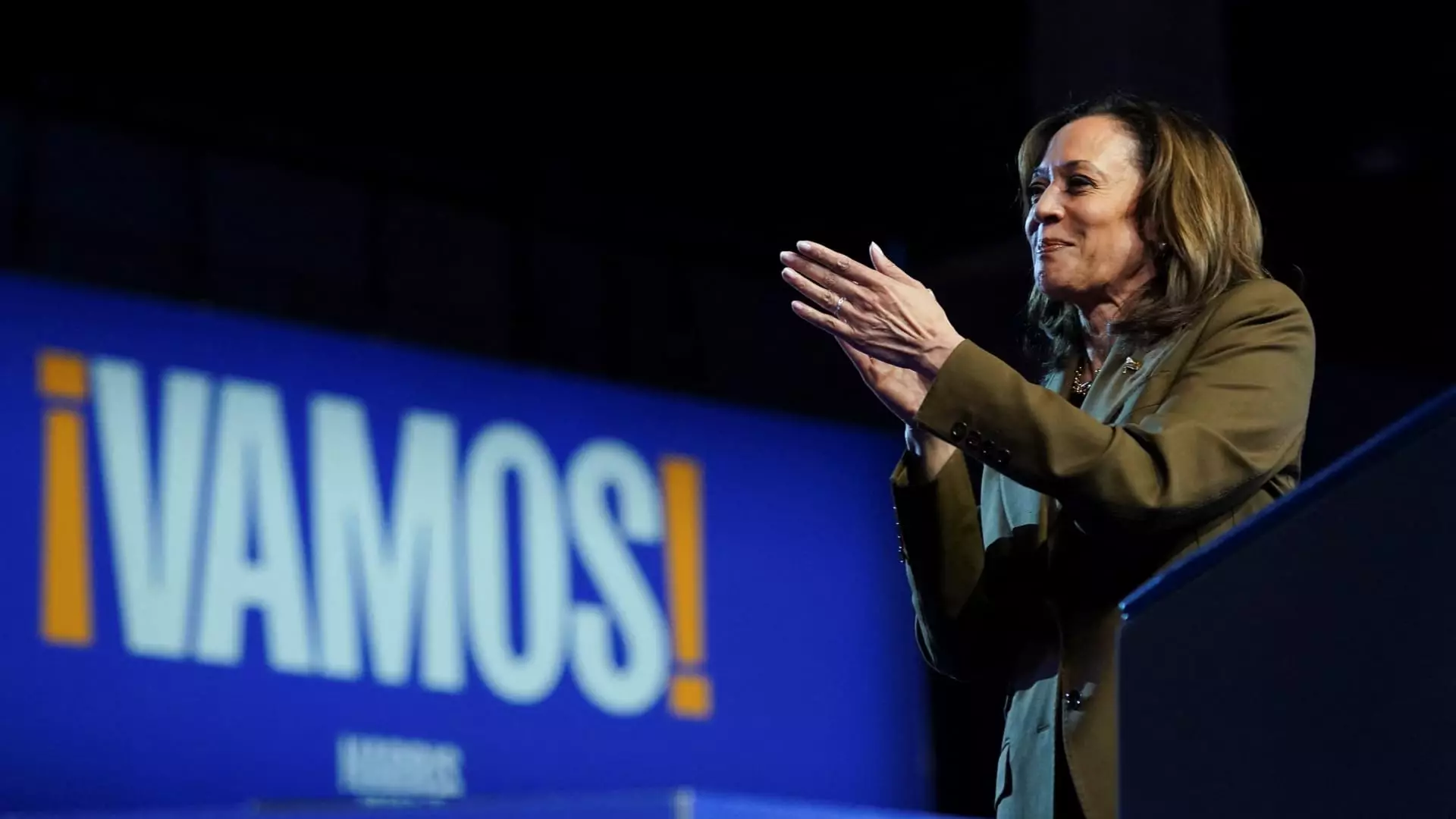In a strategic move to regain momentum in key demographics, the Harris campaign has announced an upcoming tour promoting small businesses across six battleground states. While Vice President Kamala Harris will not attend these events in person, she has orchestrated a plan that sends community leaders and elected officials to represent her. This campaign initiative, branded “Small Business for Harris-Walz,” aims to resonate with Black and Latino communities, demographics that are critical for garnering support in the upcoming elections. These groups were instrumental in the Democratic victory of 2020. However, this cycle poses a challenge as recent trends show a shift in favor of Donald Trump, compelling the Harris campaign to actively reclaim this voter base.
Addressing the Shift in Voter Sentiment
Trump’s rallying cries have notably targeted Black and Hispanic voters, as illustrated by his remarks in Georgia where he sought to entice them with promises of economic prosperity under his administration. This tactic is a clear attempt to exploit weakening support for Harris among these pivotal groups. The Harris campaign recognizes that to effectively combat this shift, it must launch an aggressive outreach effort highlighting the successes of small businesses under Democratic governance. Mirroring tactics used by President Biden prior to his own campaign, Harris is emphasizing her administration’s contributions to minority-owned enterprises.
The central narrative of the Harris campaign revolves around contrasting her commitment to small businesses with that of her Republican adversary. According to Richard Garcia, the small business engagement director for the Harris campaign, Harris has established herself as an advocate for the small business sector, positioning Trump as self-serving. This message seeks to highlight a stark difference in values—where Harris is portrayed as supporting the many, Trump is depicted as benefitting a select few. This approach not only aims to solidify her base but also seeks to attract undecided voters who value a compassionate economically proactive leader.
Part of this outreach strategy includes concrete policy proposals aimed at supporting small businesses directly. Notably, the Harris campaign has suggested increasing the tax deduction for startup expenses from $5,000 to $50,000. Such a significant increase illustrates a commitment to fostering entrepreneurship, particularly in communities that have historically faced barriers to economic participation. This proposal not only seeks to ease financial burdens on new ventures but also indicates a broader agenda to close the racial wealth gap, resonating deeply with voters concerned about financial equity.
Throughout the week, the campaign plans to conduct various grassroots efforts, including organizing events, volunteer training sessions, and house parties in states such as Arizona, Georgia, Michigan, Nevada, North Carolina, and Pennsylvania. These initiatives are designed to foster community engagement and build a robust support network for Harris as she seeks to reconnect with essential voter populations. By investing in small businesses and demonstrating leadership in economic matters, the Harris campaign hopes to reinforce her image as a genuine advocate for the communities she represents.
In an era where voter sentiment can rapidly shift, the Harris campaign’s focus on community, economic empowerment, and grassroots connection is a timely and necessary approach to consolidating support ahead of a closely watched election season.


Leave a Reply